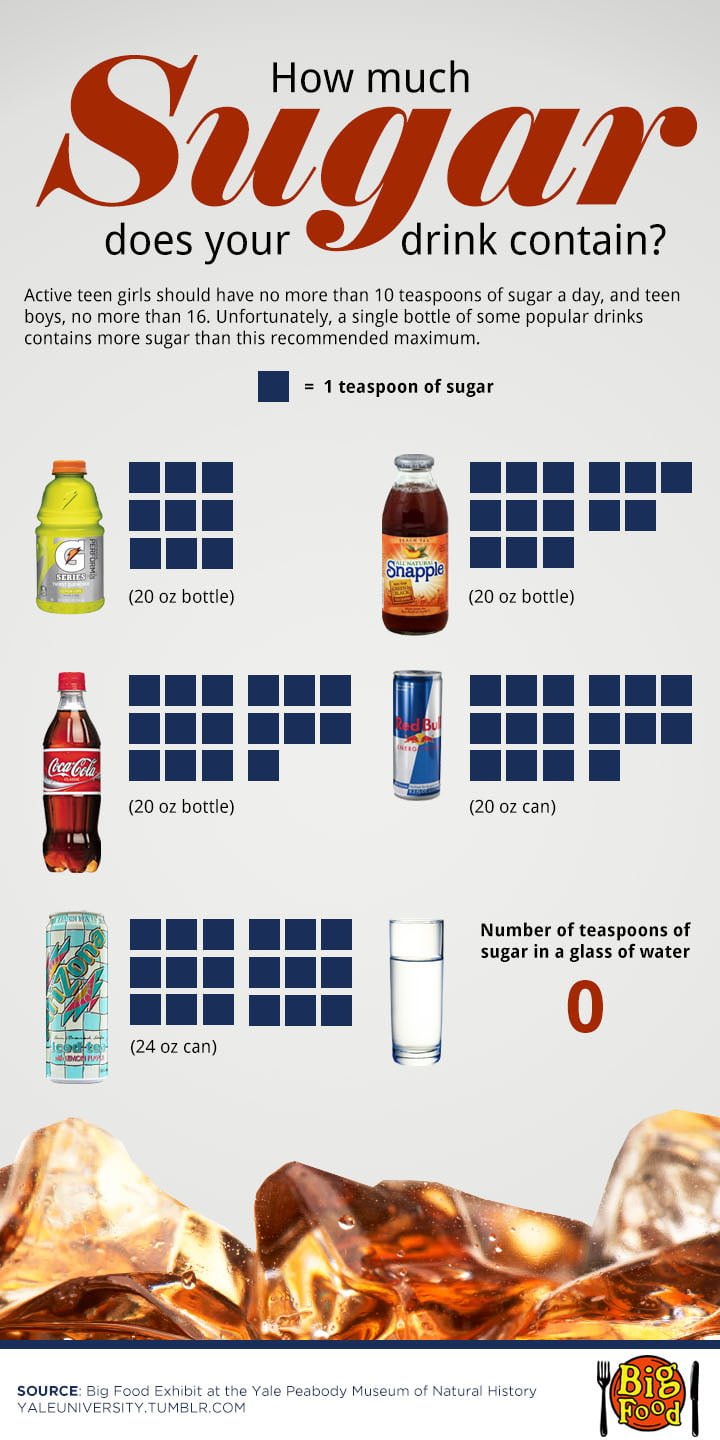According to researchers, soda as well as other sugar-sweetened drinks are linked to higher levels of blood pressure. In the study, for every additional sugar-sweetened drink consumed each day individuals on average had substantially higher diastolic blood pressure by 0.8 mm Hg (millimeters of mercury) and systolic blood pressure by 1.6 mm Hg (millimeters of mercury). This stayed statistically significant despite adjusting for body mass differences.[1]
It was found that higher levels of blood pressure in people who consumed more fructose and glucose, both sweeteners which are found in the most common sugar sweetener made use of by the beverage industry known as high-fructose corn syrup. High blood pressure was more pronounced in individuals who consumed higher sodium and sugar levels. No consistent association was found between diet soda consumption and blood pressure levels. Individuals who consumed diet soda had higher mean body mass index compared to individuals who didn’t.
Sugar-sweetened drinks and diet beverage consumption was analyzed in 2,696 40 – 59 years old individuals, in 8 areas of the US and 2 areas of the UK. Individuals underwent 8 blood pressure readings, 2 x 24-hour urine collections, reported what they drank and ate for 4 days by means of interviews given by trained observers, and completed a detailed questionnaire on medical, lifestyle and social factors.
Sugar consumption in the form of sucrose, fructose and glucose was found to be highest in individuals drinking more than 1 sugar-sweetened drink each day. People who drank more than 1 serving each day of sugar-sweetened drinks consumed more calories compared to individuals who didn’t, with an average energy consumption of more than 397 calories each day.
Individuals who didn’t drink sugar-sweetened drinks had lower average BMI compared to individuals who drank more than 1 of these beverages daily.
Individuals who consume lots of sugar-sweetened drinks seem to have less healthy diets, and are consuming empty calories with no real food nutritional benefits, with less calcium, magnesium and potassium.
A possible mechanism for the increase of blood pressure levels from sugar-sweetened drinks is a resultant increase in uric acid levels which may consequently reduce the nitric oxide needed to keep blood vessels dilated. Consumption of sugar has also been associated with enhanced activity of the sympathetic nervous system as well as sodium retention.

Image Source – yaleuniversity